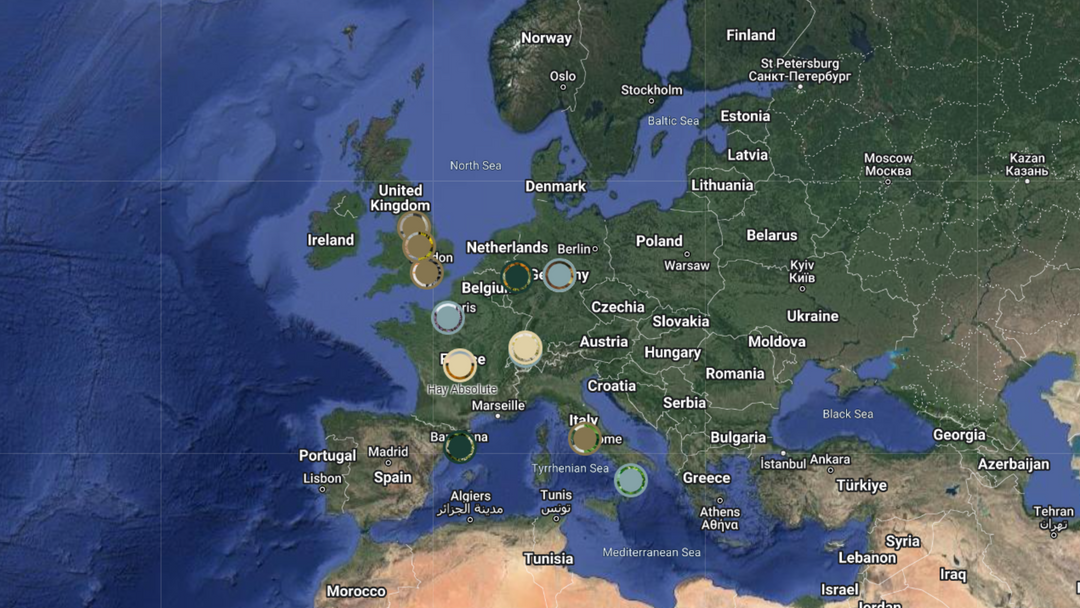It will all come out in the Greenwash

Can't take credit for the pun in the title here, this was first published in an academic paper by the person who coined the term greenwashing. An environmentalist called Jay Westerveld was staying at a hotel in Fiji while on a research trip in 1983. Jay had been surfing on the beach and wandered into a nearby hotel to rent a clean towel. The luxurious hotel had fresh clean towels stacked up for residents and surfers. Next to the clean towels, a sign encouraging guests to reuse their towel. It was along the lines of:

On the edges of the hotel was a busy building site as a huge expansion was underway. Jay couldn't help but notice the conflicting messages at work. On the one hand asking customers to look after the planet by holding onto their towel. On the other hand, investing in a full development of the complex, which was going to cause a much greater impact on the environment than the washing of towels.
Jay Westerveld coined the phrase 'greenwashing' in a paper which included a reference to this and the play on the word 'whitewash' by noting that - 'it will all come out in the greenwash.'
Today, we use greenwashing to describe when a company attempts to capitalise on the growing demand for products that are good for the environment but without telling the full story.
Here are some instances of greenwashing we have spotted around the interweb:

Hands Up all Greenhushers!
Greenhushing is the other end of the spectrum to greenwashing and is where companies underreport their sustainability practices. There are a number of reasons a brand might do this - pressure of certification and being tentative about making a claim without the verified backing (which comes at an additional cost, be that money and/or time), concerns customers might value their product less if they think they are waving an eco friendly flag (Can we really truly have sustainable luxury?) but the primary reason for choosing to stay silent over environmentally responsible practices is reluctance due to concerns over being accused of insincerity. The Competition and Markets Authority (CMA) published a new paper last year about the consumer protection laws around environmental claims and stated that they will be offering guidance and not enforcement for businesses as a way to improve levels of compliance because of 'evidence that some businesses who are delivering more environmentally sustainable goods, services and practices do not feel able to trumpet their successes for fear of being accused of greenwashing.'
Brands are looking to claim that space in the middle, where they can share the brilliant things that are happening in their organisation for the good of the planet, and at the same time feel safe from judgement and supported by the public eye.
Developing an Anti-Greenwashing Policy
At Undo, we are undeniably an anti-greenwashing company. And all things considered, we are anti-greenhushing too. Companies have to put themselves out there if they really want things to change. Transparency is the key to unlocking real progress. Understand where brands are, and meet them there with kindness because the eco-friendly landscape is a bit messy and uneven right now.
We want all businesses to be unafraid to share their best practice so we can support each other. We believe in a world where brands can be boldly imperfect! We al have a footprint, and everything we make and consume has an impact, - even this blog, but a balance has to be struck somewhere. We have a responsibility to own this uncomfortable truth and work hard to do better. There is so much good happening in a number of industries to reduce impact on the planet, we want to hear about them and learn from them and knowing that some companies are holding back from sharing their wins upsets us!
Undo has implemented the Green Claims Code as a checklist for all of our environmental claims. It's a process we are working out, alongside many other businesses, to assess the legitimacy of any details we give about our products. We are working on how we will document our audits of green claims and welcome offers of collaboration to share best practice!
You can the CMA published paper from 2021 by clicking here.
You can read our Anti Greenwashing Policy by clicking here.






Leave a comment